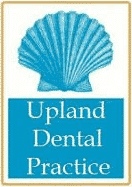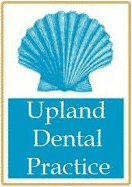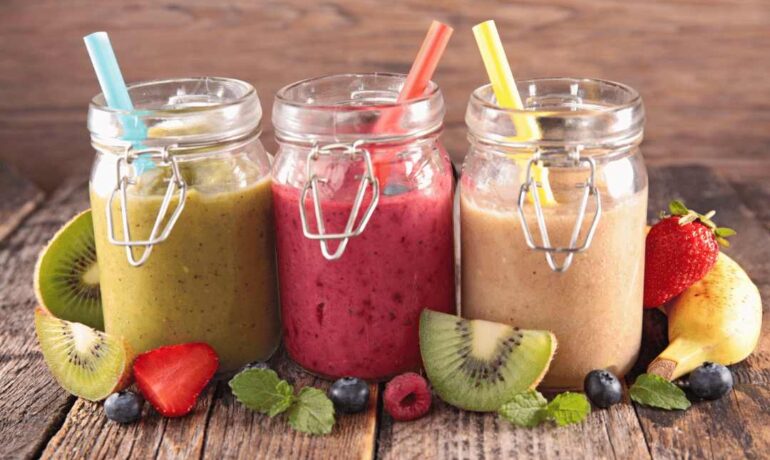Imagine having the opportunity to enjoy your favorite foods after a major dental surgery like a dental implant. It can be a game-changer for those wanting to avoid discomfort while recovering from the process.
However, getting to that point requires patience and the right dietary choices. If you’ve recently undergone dental implant surgery in Upland California (or are planning to), this guide will walk you through what to eat—and avoid—during the recovery journey!
Let’s begin!
Why Diet Matters After Dental Implant Surgery
Eating the right food and maintaining a proper diet plays a huge role when it comes to healing after dental implant surgery.
By merely picking the best food to eat or avoiding those that might irritate the surgical site, you could speed up your recovery. Not only that, you can potentially save time and money on post-implant surgery complications.
Let’s put it this way—the right foods can help reduce swelling and provide essential nutrients that support bone integration and aid recovery. On the flip side, the wrong foods can slow the healing process or even jeopardize your dental implant aftercare process.
That’s why following a carefully planned post-surgery diet is essential.
According to a study, dental implants in the lower jaw, particularly in the back, were more likely to experience early failure. On the other hand, implants in the upper jaw, longer implants, and older patients were linked to failure occurring later on.
What to Eat During The First 24-48 Hours?

Your gums and jaw will be tender right after the surgery and the implant site will be very sensitive. That’s why during this stage, our dentists in Upland Dental Practice recommend our patients with a “cool liquid diet.” This diet includes foods such as:
- Smoothies: These are a lifesaver during the first day or two. Blend soft fruits like bananas or berries with yogurt or milk for a nutritious drink. Avoid using straws, though, as the suction can dislodge the blood clot at the surgical site.
- Cold Soups: Gazpacho or chilled vegetable soups are excellent options. They’re easy to consume and can be packed with nutrients.
- Applesauce: A classic for post-surgery diets, applesauce is soft, easy to eat, and loaded with vitamins.
- Other Cool Liquids: Pudding, Jell-O, and milkshakes (without a straw) are also good choices.
On the other hand, here are some foods to avoid:
- Hot drinks like coffee or tea, which can irritate the surgical site.
- Spicy or acidic foods that could cause discomfort.
- Anything requiring chewing, such as solid fruits or vegetables.
The First Week: From Liquid Cool to a Soft-Food Diet

You can slowly transition from liquids to soft foods as soon as your mouth starts to heal. The key here, though, is to choose foods that are easy to chew and rich in nutrients. These may include:
- Eggs: Good old scrambled eggs or omelets aren’t just soft, but they’re also packed with protein, making them a great option for breakfast or any meal.
- Dairy Products: What better options to aid bone integration than foods high in calcium and protein. We’re talking about yogurt, milk, and soft cheeses like ricotta or cream cheese.
- Mashed Potatoes: These are versatile and filling. You can also try mashed sweet potatoes for a nutrient boost.
- Steamed Vegetables: Soft vegetables like carrots, zucchini, or squash can be mashed or pureed for an easy-to-eat side dish.
- Fish: Tender fish like salmon or tilapia can be baked or poached and flaked into small pieces.
- Pasta and Rice: Soft, well-cooked pasta or rice dishes can be filling and easy to chew.
What to avoid?
- Crunchy foods like chips or crackers.
- Chewy or sticky foods, such as gummies or caramel.
- Hard foods like raw vegetables or nuts.
Weeks 2-4: Getting Back to Semi-Solid Foods (Gradually)

By the second or third week, you might feel ready to include semi-solid foods into your diet. However, it’s still important to be cautious and avoid anything too hard or crunchy. You might need to find your rhythm first by starting with:
- Ground Meat: Ground chicken, turkey, or beef can be added to soft dishes like casseroles or pasta.
- Soft Fruits: Ripe bananas, canned peaches, or melons are easy to eat and provide vitamins.
- Steamed or Roasted Vegetables: Make sure they’re cooked until soft and easy to mash.
- Soft Bread: Bread without crust or toast that’s easy to chew.
This, however, does not include:
- Extremely hot foods and drinks, which can delay healing.
- Foods with small seeds or hard bits that could get stuck near the implant site.
General Tips for Maintaining Proper Nutrition
Here are some tips to ensure you’re getting the nutrients you need as you move forward with your recovery plan:
- Prioritize Protein: Protein helps repair tissues and speed up recovery. If you’re not a big fan of traditional protein sources, consider adding protein powder to your smoothies or soups.
- Stay Hydrated: Drink plenty of water throughout the day to keep your mouth clean and promote healing.
- Eat Small, Frequent Meals: Smaller portions are easier to manage and can help maintain your energy levels.
- Avoid Straws: This cannot be emphasized enough. Using a straw can create suction that disrupts the healing process.
Consult an Upland Dentist
Recovering from dental implant surgery is a personal journey you should own. Listen to your body, make every step a unique and memorable experience. Most importantly, follow your dentist’s instructions. If you’re ever unsure about what you can or cannot eat, don’t hesitate to reach out and book an appointment with our dentist in Upland Dental Practice. Noticing tell-tale signs of an imminent dental implant surgery? Call us now: 909 920 6000


